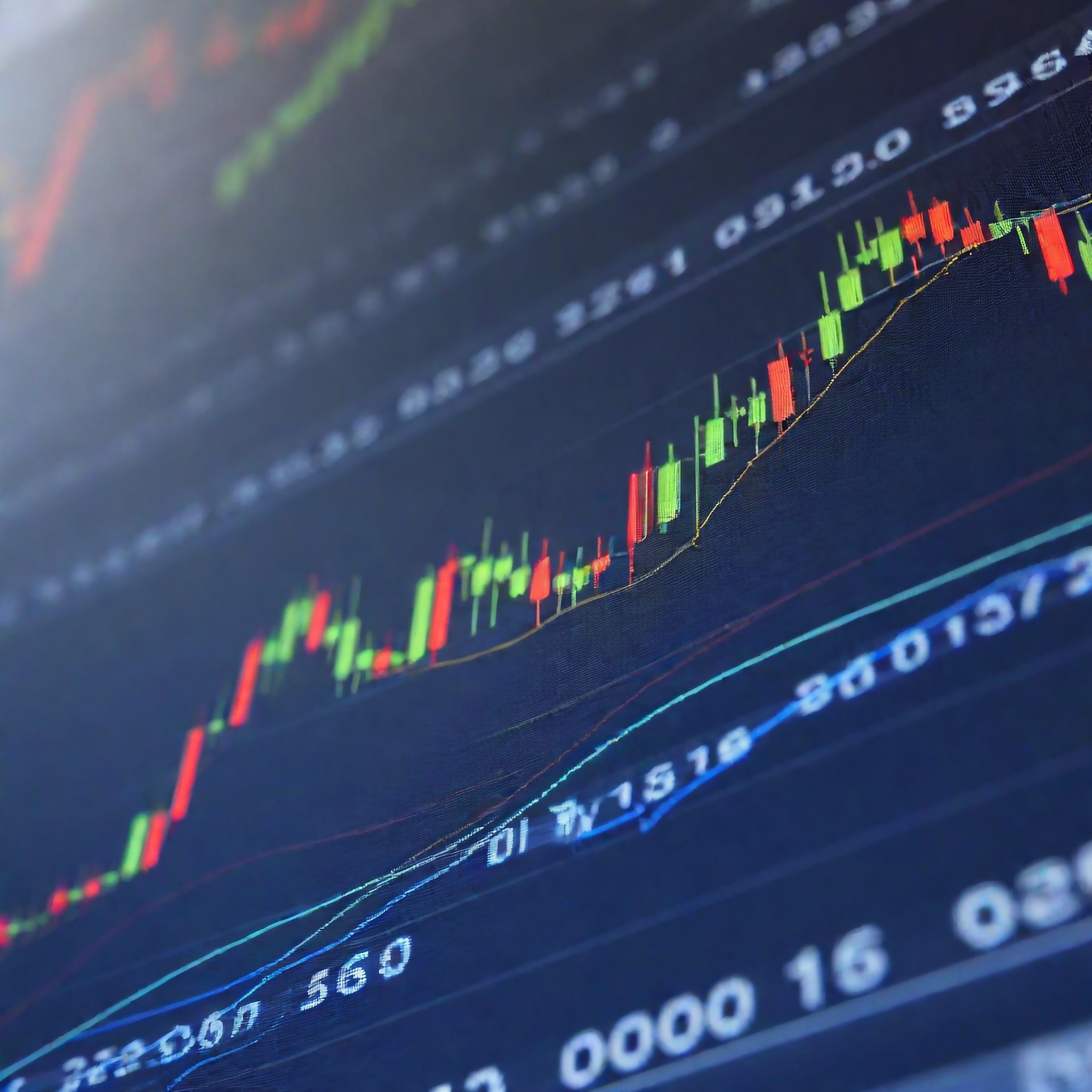In the United States, equity markets initially declined in the early part of last week as investors sold off gains made in the previous week, before recovering ahead of NVIDIA’s earnings call, which propelled the S&P 500 index to a new all-time high, climbing above 6,500 for the first time in history. NVIDIA, the world’s largest company by market capitalisation, reported record Q2 earnings on Wednesday evening, with revenues rising to $46.7 billion—beating forecasts and marking year-on-year growth of 55.6%. This was the ninth consecutive quarter in which the company posted revenue growth above 50%. Of the $46.7 billion total, $41.1 billion came from its data centre segment, which has expanded seventeenfold over the past four years. Gaming, once the cornerstone of NVIDIA’s business model, recorded 14% year-on-year growth, with revenues climbing to $4.3 billion. The key takeaway from the earnings call was CEO Jensen Huang’s continued expectation that spending on artificial intelligence will increase in the coming years. He also announced a $60 billion share buyback, up from $50 billion the previous year. Despite the strong results, NVIDIA’s shares fell 3% in after-hours trading on Wednesday, as the figures failed to meet lofty investor expectations and concerns over an apparent slowdown in growth. This weighed on the broader market in after-hours trading. Markets also responded to comments made by Federal Reserve Chair Jerome Powell at Jackson Hole. While he did not explicitly confirm that a rate cut is imminent, he noted that inflationary pressures remain a greater concern for monetary policy than labour market data. On the trade front, the United States pressed ahead with increased tariffs on India over its continued imports of Russian oil. The new levy raises overall tariffs on Indian goods to 50%, as the additional 25% punitive tariff is applied on top of the existing reciprocal rate. Relations between the two countries have cooled considerably in recent months, and the higher tariffs could have a major impact on trade. The Global Trade Research Initiative, based in New Delhi, estimates that Indian exports to the US could fall from $86.5 billion in 2025 to $50 billion in 2026. In corporate developments, Eli Lilly announced that its latest anti-obesity pill, orforglipron, has met its weight-loss targets, bringing it closer to regulatory approval. In clinical trials, the pill reduced body weight in overweight individuals with diabetes by an average of 10.5%, with side effects similar to those of its injectable weight-loss drugs. For the week, the S&P 500 and NASDAQ closed up 0.07% and 0.01%, respectively.
In Europe, equity markets retreated last week as political uncertainty in France triggered a wider sell-off across the continent. The confidence vote scheduled for 8th September, announced by Prime Minister François Bayrou, could bring down the minority government if it fails to secure support from other parties. The largest opposition groups have already stated their intention to vote against it. In corporate news, Ørsted shares fell sharply after the US Government ordered the company to halt work on the near-completed Revolution Wind project, valued at $1.5 billion. The wind farm developer still plans to raise the equivalent of $9.4 billion through a rights issue to support the completion of other ongoing projects. While the US has become an increasingly volatile market for renewable energy, Europe appears to be benefiting from American resistance to renewables. In the first half of 2025, renewable energy investment in Europe rose by 63% compared with the second half of 2024, while in the US it declined by 36%. Meanwhile, electric vehicle sales in Europe increased by 39% in July. Registrations for BYD models have surged 291% so far in 2025, in stark contrast to a 34% decline in Tesla registrations. For the week, the Euro Stoxx 50 and STOXX600 indices closed down -2.01% and -1.68%, respectively.
In the UK, the FTSE 100 fell during a shortened trading week, weighed down by political uncertainty in France. However, the index recovered slightly as the week progressed, supported by positive corporate developments. JD Sports reported mixed Q2 earnings: Sales in the UK and Europe declined, while US sales rose by more than 2% compared with the same period in 2024. The company also announced a £100 million share buyback. There were no major economic data releases during the week. Overall, the FTSE 100 ended down -1.08%.





